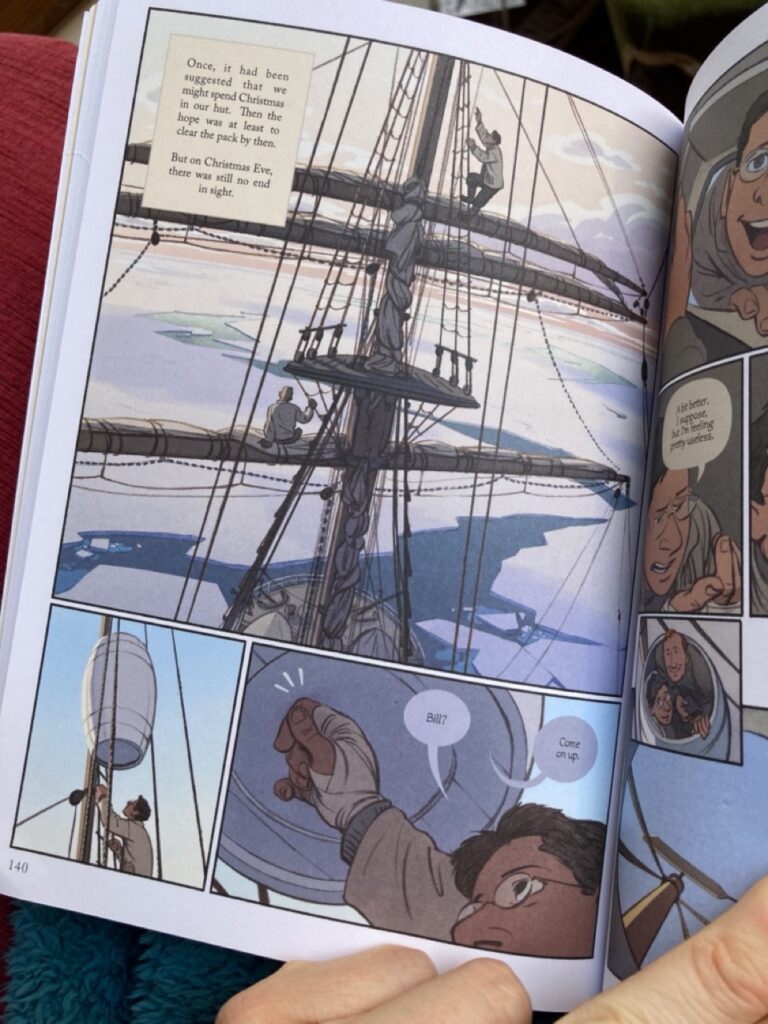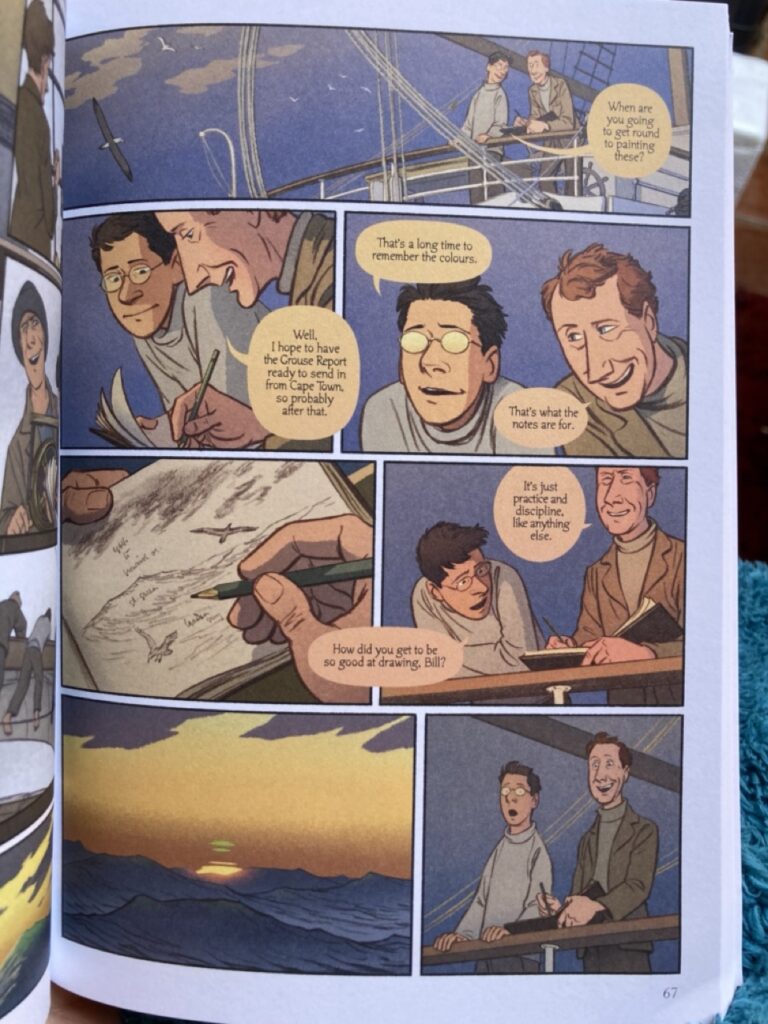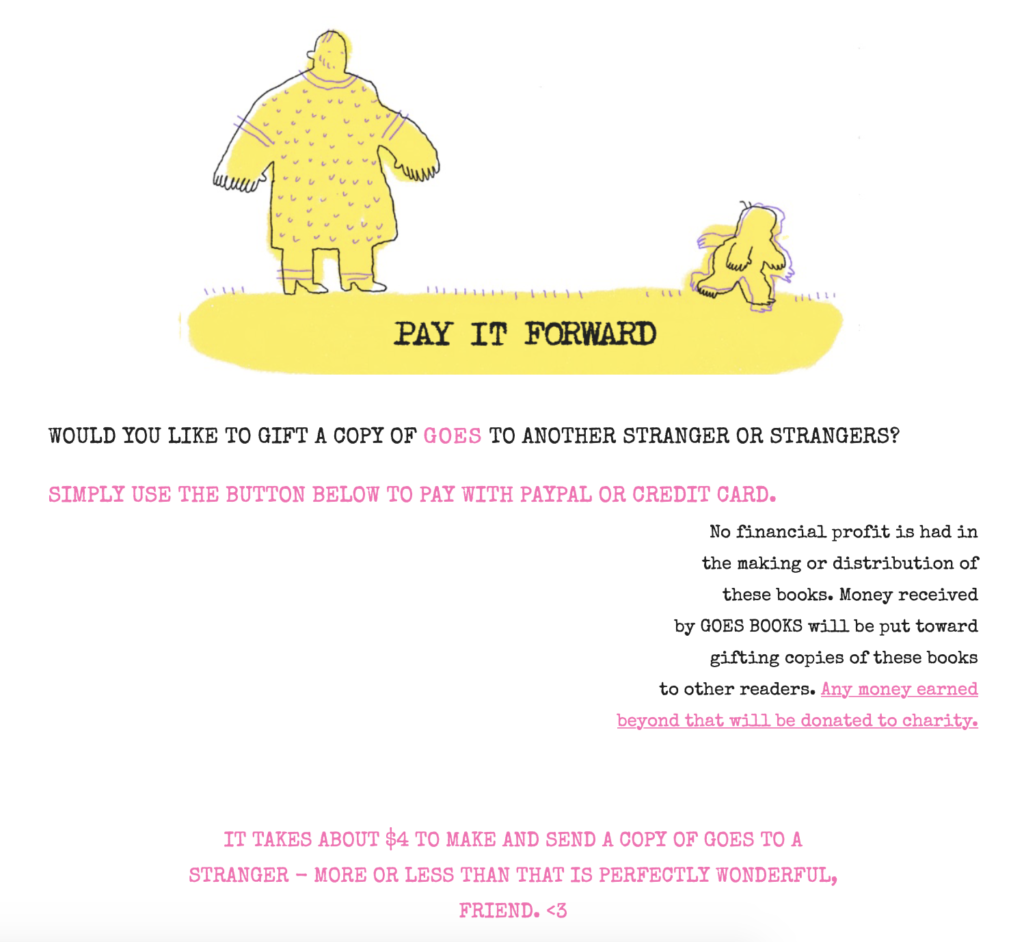Jacob wrote six very good sentences today about jealousy and being an artist. I needed them this morning because there’s nothing like moving back in with your parents and mostly disappearing from the face of social media and undergoing a massive gear shift in the trajectory of your career to bring up feelings of unworthiness and comparison; but that’s not what I wanted to write about.
The fifth sentence (“The purpose of an artistic star system is to undermine solidarity”) brought me up short because I interpreted “star system” as “constellation.” The constellation is one of my favorite metaphors for how creative people—all people, really—exist in the world. On these grounds his statement didn’t seem right at all. On second reading I realized he meant “star system” as “a system in which certain people are held up as shining exemplars while the rest fade into obscurity,” to which: absolutely yes. The dangers of worshipping celebrity.
I’m flying solo this week while my mum attends my godfather’s funeral in England, but I’m not really solo. We’re trying overnight caregiver coverage for the first time; something I advocated for because loss of sleep is infinitely more disruptive to me than structuring my days around changing my dad’s Depends and making him meals and bathing him and metering out the distribution of pills.
There are so many gifts to trying overnight care, but one of the biggest has been getting me back on my early to bed, early to rise rhythm. I’ve been waking up of my own accord at 5:30 or 6, feeling more rested than I have in months. It grants me a gift my dad taught me to love: an hour and a half of luxurious time to myself first thing in the morning.
Many of my happiest memories of being with him are around this time of day. In high school, we’d listen to Erik Satie on my boombox in the kitchen while he made me eggs. In middle school, we’d drive to the tennis courts at Libbey Park and hit balls back and forth under the amber sodium lamps until the sun came up. (Neither of us knew how to play tennis, but it didn’t matter.) Earlier still, I’d wake up to the sound of him tapping away at the keyboard with two fingers in the corner of the bedroom, writing.
Those hours felt like secret time. Sacred time.
I still treat it as such. This morning it was dark enough when I got up that didn’t realize the valley was shrouded in mist. Now I can see that the lawn outside my window is spangled with a galaxy of dew-soaked spiderwebs.
All this is to say that in the blissful hour I’d been granted this morning, I dove back into Recollections of My Nonexistence, Rebecca Solnit’s memoir. She writes a great deal about context, and the way subcultures and communities act as greenhouses for culture, so when I read Jacob’s post, the string layer came back online. Solnit writes:
In a way, this has been my life’s work, the pursuit of patterns and the work of reconnecting what has been fractured, often fractured by categories that break a subject, a history, a meaning into subcompartments from which the whole cannot be seen. […] The art of picking out constellations in the night sky has cropped up again and again as a metaphor for this work.
Elsewhere she quotes the poet Diane di Prima: “You cannot write a single line w/out a cosmology.”
I believe this with all my heart.
There is no content creation without context creation.


